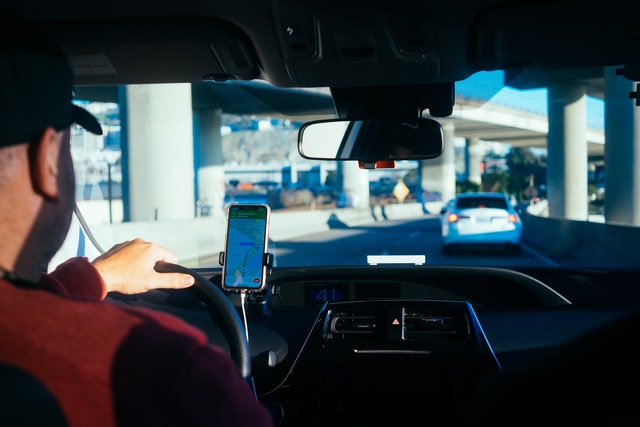It is not enough for you to simply have good driving skills for people to consider you a good driver. In order to become a better driver, you need the appropriate knowledge to match the skills you already have. Driving in a way that is both safe and effective does not require a lot of effort. To avoid being labeled as a careless driver, which is something that no one wants, you should work on improving both your skills and your knowledge. Always keep in mind that the decisions you make while driving have an impact not only on yourself but also on the other drivers and passengers on the road.
 |
| 6 Tips To Becoming A Better Driver [image: unsplash] |
A Good Driver
Good drivers have excellent driving skills as well as the necessary safety skills to successfully navigate basic roads and highways without endangering themselves or others.
The following pointers will help you become a better driver.
1. Respect The Speed Limits
Excessive speed is hazardous for a variety of reasons. To begin with, it is illegal, which may result in charges and point additions to your license. Furthermore, the faster you drive, the more gas you'll consume. We also don't need to tell you about the increased likelihood of being involved in a collision.
The speed limit is intended only as a suggestion, not as a target. Therefore, even though it is possible that driving at 60 miles per hour is completely safe whenever the weather is fine and the highways are clear, you may need to adjust your speed depending on the conditions. A good driver should be able to respond appropriately to changing conditions and adjust their driving style accordingly.
2. Make Sure That Your Vehicle Is In Good Condition
One of the most important things you can do to improve your driving is to keep your vehicle in good condition. Not only does it show those around you that you value safety and efficient movement, but it also improves your vehicle's performance by ensuring that everything works properly. Regardless of how minor a problem appears to be, dealing with it as soon as possible may help you avoid larger and more costly problems in the future.
3. Do Not Drive If You Are Feeling Sleepy
Fatigue is a contributing factor in a huge number of accidents. It begins by slowing your responses and progresses to microsleeps, which are brief periods of time when your brain completely shuts down. Finally, it inevitably leads to you starting to fall asleep while driving, which can result in a serious accident. If you ever find yourself feeling sleepy, pull over somewhere safe and take a ten to twenty-minute nap.
4. Defensive Driving Should Be Practiced
It is important to always assume that you are the only reasonable person driving at any given time. There is no better time to begin learning defensive driving than when you start learning how to drive. Defensive driving is being aware of your surroundings and taking precautions to avoid road accidents. As a result, it is critical to select a defensive driving course provider with a proven track record who can teach you when and how to use your turn signals, maintain a safe distance from other vehicles, and keep an eye out for bikes and pedestrians.
Driving in various settings, such as crowded city streets or highways, is ideal for developing defensive driving skills. Consider what the drivers around you might do in order to be prepared to take defensive action if necessary.
5. Keep An Eye Out In The City
In major cities, you must be moving at reduced speeds, but that should not be an indication for you to pay little attention. The speed limit is most likely 30 mph, but many cities are implementing new speed limits of around 20 to 25 mph. Keep an eye out for speed bumps and pedestrians who might jaywalk all of a sudden, and be cautious when driving near schools and places where children spend time.
6. Manage Your Distractions
It is best to keep your mobile phone on airplane mode and set up your navigation system, radio, and songs before you leave. You do not want these things to take your attention away from the road. Make sure you know exactly where you are going and your routes before you hit the road.
 |
| [image: unsplash] |

No comments:
Post a Comment
Please Leave a Comment to show some Love ~ Thanks